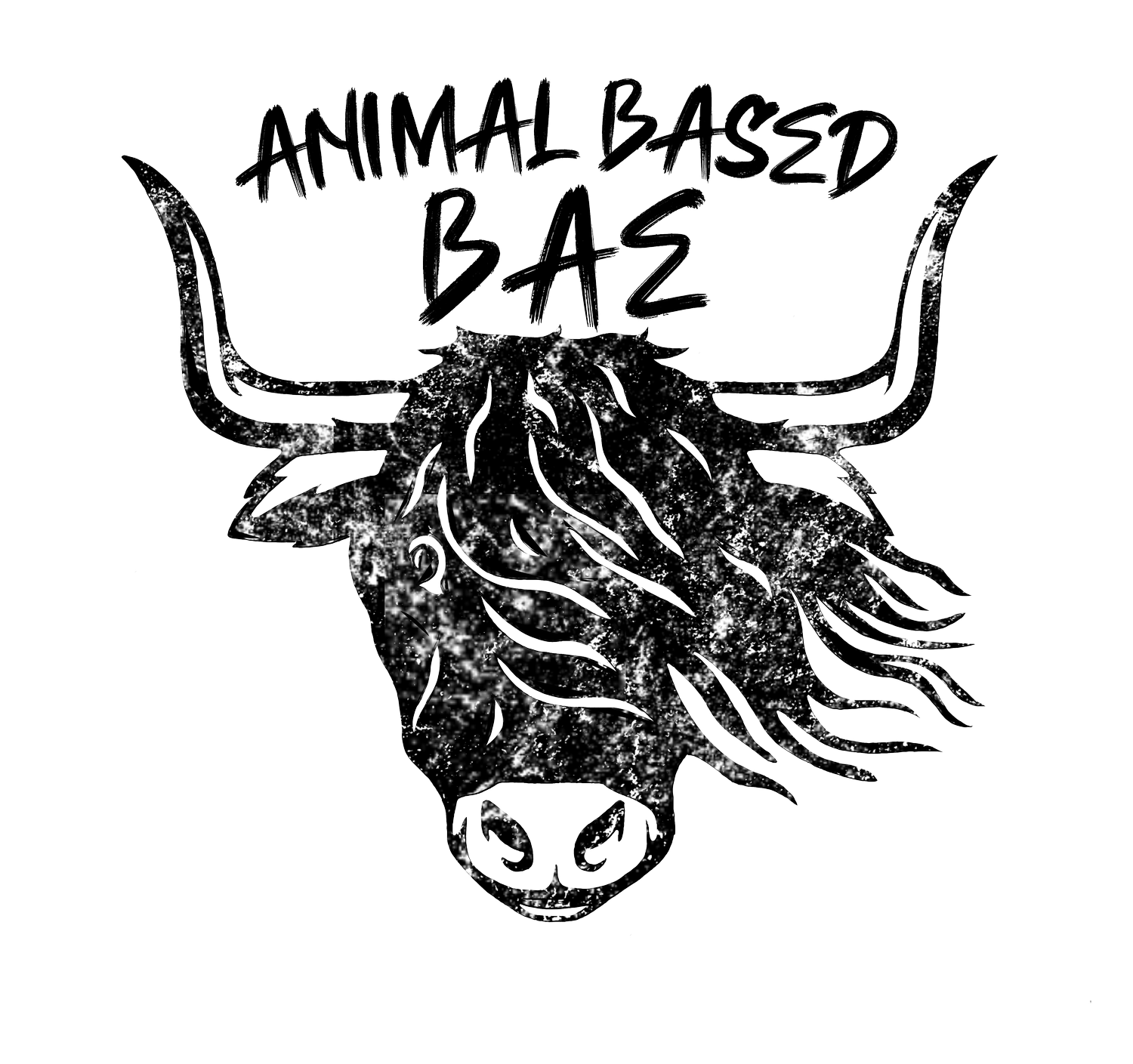Fixing Constipation Naturally
Constipated on an Animal-Based Diet?
Here’s What You Need to Know
If you’ve recently transitioned to an animal-based diet and noticed your digestion slowing down—especially constipation—you’re not alone. It’s a common part of the healing journey. But here’s the good news: it’s fixable.
Let’s break down why this happens and how to support your gut.
1. Your Body Is Healing, Not Failing
Most of us come to an animal-based diet after years (or decades) of processed foods, seed oils, artificial sweeteners, antibiotics, or plant-heavy vegan/vegetarian eating. These habits damage the gut lining, disrupt hormones, compromise bile flow, and create systemic inflammation.
If you’ve struggled with chronic constipation, your body may have internalized a pattern of holding. This can come from early-life stress, emotional suppression, or anxiety tied to digestion. The nervous system begins associating meals with tension, leading to a mind-body disconnect that shows up as constipation.
Healing here goes beyond food—it’s about retraining your nervous system, releasing stored stress, and rebuilding trust in your body.
Common transition symptoms:
Constipation
Bloating
Sluggish or irregular digestion
Swings between diarrhea and being backed up
This doesn’t mean the diet isn’t working—it means your body is relearning how to digest and eliminate properly.
2. Fat & Digestion: Understanding the Role of Fat
Fat is your fuel on an animal-based diet—but how you consume it matters.
Liquid fats (like rendered fat in broth or pan drippings) stimulate bile flow and help things move along but can be overwhelming for some.
Solid fats (like fatty cuts of meat or cheese) break down more slowly and help bind stools, aiding regularity.
Saturated vs. Unsaturated Fats Saturated fats (like those from meat, butter, and tallow) are generally well-tolerated on an animal-based diet. Unsaturated fats—including monounsaturated fats from olive oil and polyunsaturated fats from sources like fish oil—can also offer benefits, depending on your body’s individual response. Coconut oil, while plant-based, is unique because it’s mostly saturated fat (specifically medium-chain triglycerides), and may be easier to digest for some people.
👉 Just like prunes work for some and not others—fat’s effect on digestion is individual. Trial and error is part of the process. Also: Cheese and dairy can be constipating due to high calcium. In contrast, cultured dairy like raw kefir or yogurt can support gut bacteria and can improve flow. Tune into how your body responds.
3. Hydration Isn’t Just About Water
Low-carb or carnivore diets flush out electrolytes faster, and hydration becomes less about water and more about mineral balance.
Try:
Adding unrefined salt to meals
Drinking warm liquids like bone broth or hot water
Including potassium-rich foods (organs, raw dairy, avocado)
Starting your day with a homemade electrolyte drink (or my go-to: Manna OCEAN for proper mineral balance - use code BAE20)
💡 Pro Tip: Sugar cravings might be your body begging for minerals, not sweets.
4. It’s Not Just About Food: Support the Whole Terrain
Constipation is rarely just about what you eat. The entire body terrain plays a role.
Sleep: Rest resets cortisol and melatonin—both crucial for digestion.
Circadian rhythm: Poor sleep timing disrupts gut motility.
Movement: A short walk or post-meal squats can activate peristalsis.
Stress: Being stuck in fight-or-flight mode slows (or halts) digestion.
Hormones: Low thyroid, estrogen dominance, and other imbalances can all cause sluggish bowels.
Microbiome: While an animal-based diet may temporarily reduce diversity, it allows the gut lining to heal. Add cultured dairy or fermented foods slowly to rebuild resilience.
🧠 Digestion is a system-wide conversation. Respect the whole ecosystem.
5. One Common Trap: Relying on Over-the-Counter Aids
A lot of people try this diet but stay dependent on laxatives, stool softeners, or fiber powders. They “wean off” slowly, thinking it’s helping—but often, it keeps their body from re-learning how to move things naturally.
Yes, constipation is uncomfortable. And in the beginning, it’s tempting to use a crutch. But staying on medication can prolong the cycle.
What works better long-term?
Letting go. Giving your body space to recalibrate.
It might be uncomfortable at first. But patience now = freedom later.
💡 Try smaller meals during this period and track how you feel:
Are you bloated after something simple?
Are you combining too many foods or rendered fats at once?
Adjust and course-correct. This is a time to observe and respond with curiosity—not fear.
6. What Makes Things Worse
Let’s be honest—some things only make constipation worse:
Sedentary lifestyle
Dehydration
Drinking too much alcohol
Relying on pills or powders
Overthinking every symptom
Under-eating or restricting too much
Over-supplementing
Emotional suppression and lack of nervous system support
Processed or low-nutrient foods
What Actually Helps
Here’s what’s worked best for me and the community:
Be observing and balance your different types of fat
Be mindful of portion sizes to determine potential bloating from certain foods
Use raw dairy or kefir if tolerated
Prioritize mineral-rich hydration
Get movement daily—walks, squats, stretching
Focus on rest and circadian rhythm
Include ripe fruits for natural fiber and hydration
Final Thoughts: It’s Temporary
Digestion might feel off at first—and that’s okay.
Healing takes time. You’ve removed decades of inflammatory inputs. Now your body is detoxing, recalibrating, and re-learning. That can mean discomfort… but it also means you're moving in the right direction.
💬 Be patient. Be curious. And trust your body.
Let food, rest, hydration, movement, and time do their job.
And remember—constipation is a signal, not a sentence.
Your real goal? Resilience over time. And you’re already on your way. 🐄✨

